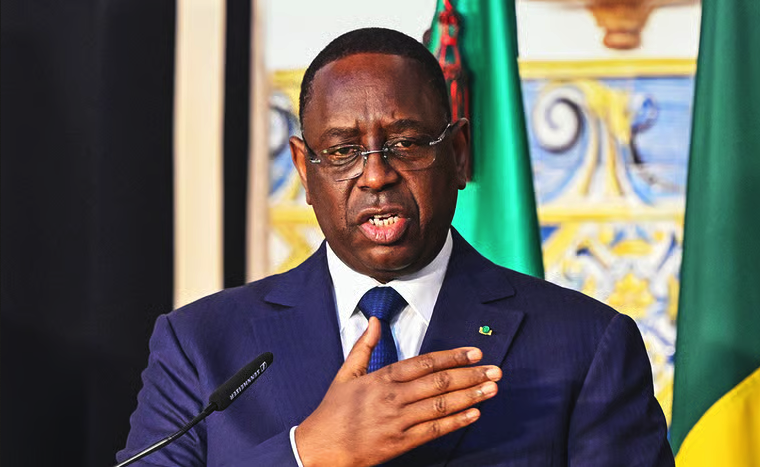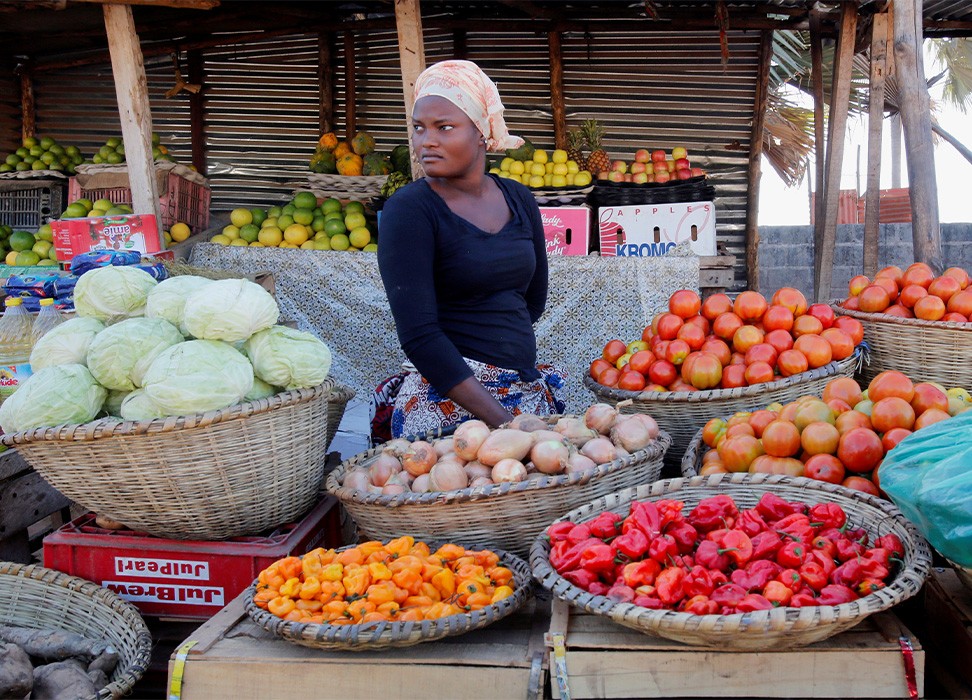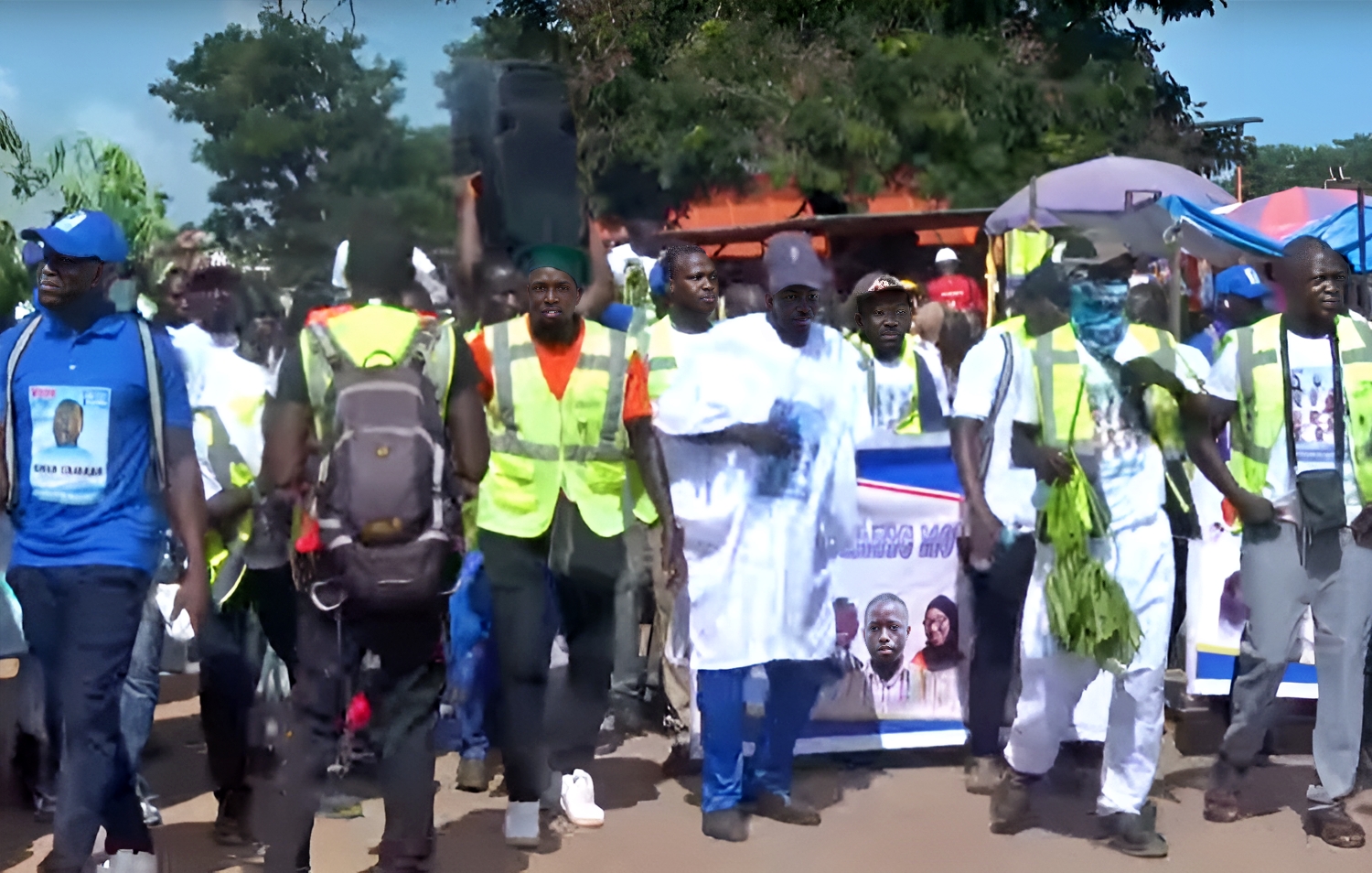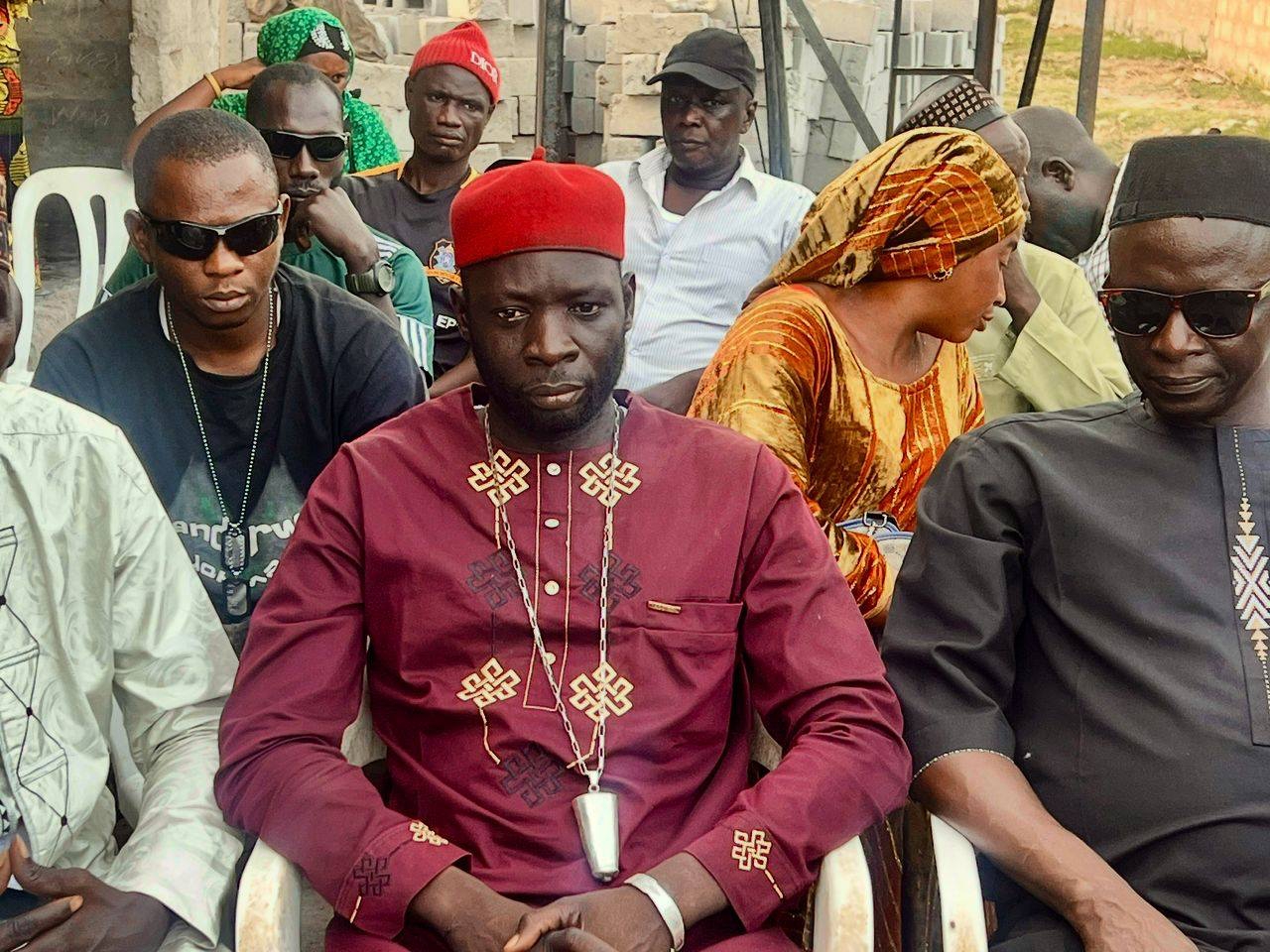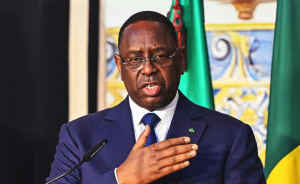Gambiaj.com – (Banjul, The Gambia) – The ruling National People’s Party (NPP) has announced the immediate removal of four senior officials, including its National Youth President Kebba Madi Bojang, in what appears to be the culmination of internal tensions that have roiled the party for weeks.
In a statement signed by Deputy Spokesman Seedy S.K. Njie, the NPP confirmed that the decision was reached unanimously by the party’s National Executive Committee during a meeting on Friday, June 20, at the party’s Bundung headquarters.
The expelled officials are accused of violating the party’s constitution and ethical code, though no specific infractions were disclosed in the statement.
While the official party line couches the removals in procedural language, the backdrop to this decision tells a more volatile story. Kebba Madi Bojang has emerged at the center of a mounting internal rebellion, aligning with Bai Sankareh to reportedly spearhead a splinter movement under the name National Democratic Party (NDP).
This faction is not only openly challenging President Adama Barrow’s authority within the NPP but also pressing ahead with plans to form a new party—defying direct warnings from the NPP leadership.
The NPP had earlier issued a seven-day ultimatum to Bojang to clarify his role in the breakaway effort and to explain his absence from key events, including the party’s recent fundraising gala and the inauguration of its new headquarters.
That deadline appears to have expired without compliance, prompting Friday’s sweeping dismissals.
Sankareh, a prominent voice in the faction, has stated that they will not be coerced into abandoning their plans. The NDP, he affirmed, has already held successful consultations in Kanilai and Bintang, and is now moving to register formally as a political party.
Party in Crisis Ahead of Election Season
The NPP’s internal strife echoes a broader crisis of cohesion plaguing many Gambian parties ahead of the upcoming electoral cycle.
The UDP has similarly faced episodes of factionalism in recent months, and the NPP, long perceived as the more stable ruling alternative, is now confronting similar fractures.
Particularly troubling to party insiders are allegations that Bojang’s camp was engaged in unauthorized voter data collection—an accusation that, if substantiated, could raise questions about electoral integrity and data misuse.
Although the party refrained from naming individuals involved, the implication points squarely at the splinter group, further aggravating the tensions.
For President Barrow, who founded the NPP after breaking ranks with the UDP, the emergence of a rebellious offshoot from within his own political machinery poses a serious challenge.
Bojang, as former Youth President, was a symbol of Barrow’s outreach to the younger generation—his expulsion marks not just a political rupture but a potential generational rift within the ruling party.
In urging unity, the NPP statement closes with a familiar refrain: calls for loyalty, discipline, and a focus on the party’s “core principles.” Yet, these appeals may now ring hollow for a faction emboldened by disillusionment and energized by new political ambitions.
The removal of key figures from the NPP leadership, particularly Kebba Madi Bojang, reflects a crisis that can no longer be contained through internal negotiations or disciplinary warnings.
As the breakaway faction accelerates efforts to form the NDP, the ruling party finds itself confronting not just dissent but defiance—with implications that could alter the landscape of Gambian politics ahead of the next election.
Whether President Barrow’s NPP can restore internal coherence or whether it will continue to hemorrhage support to a growing opposition from within remains a pressing question in the months ahead.



